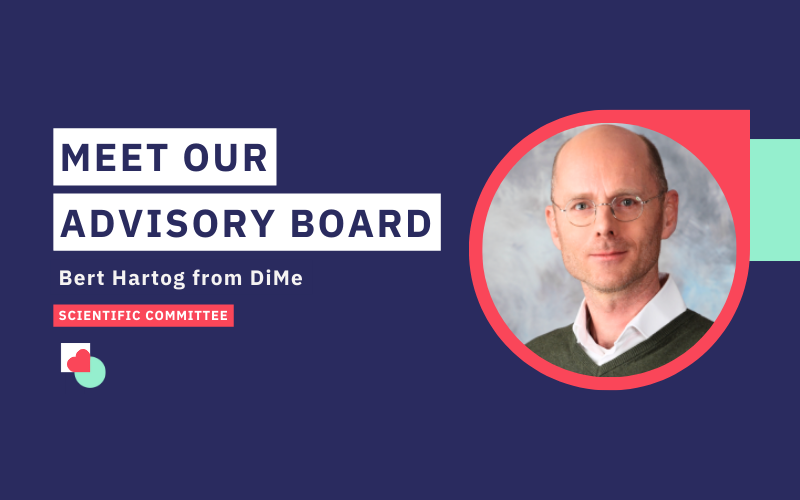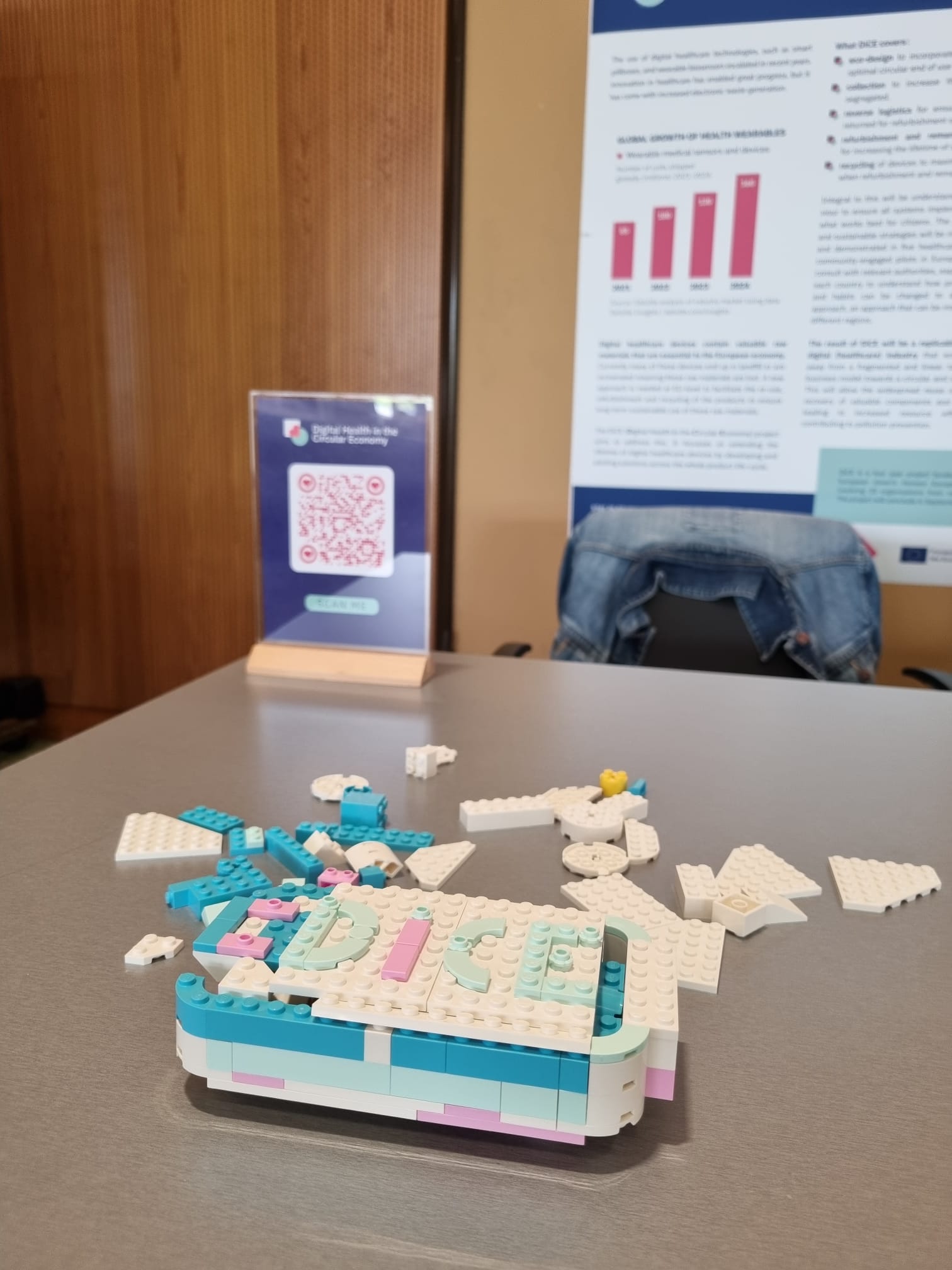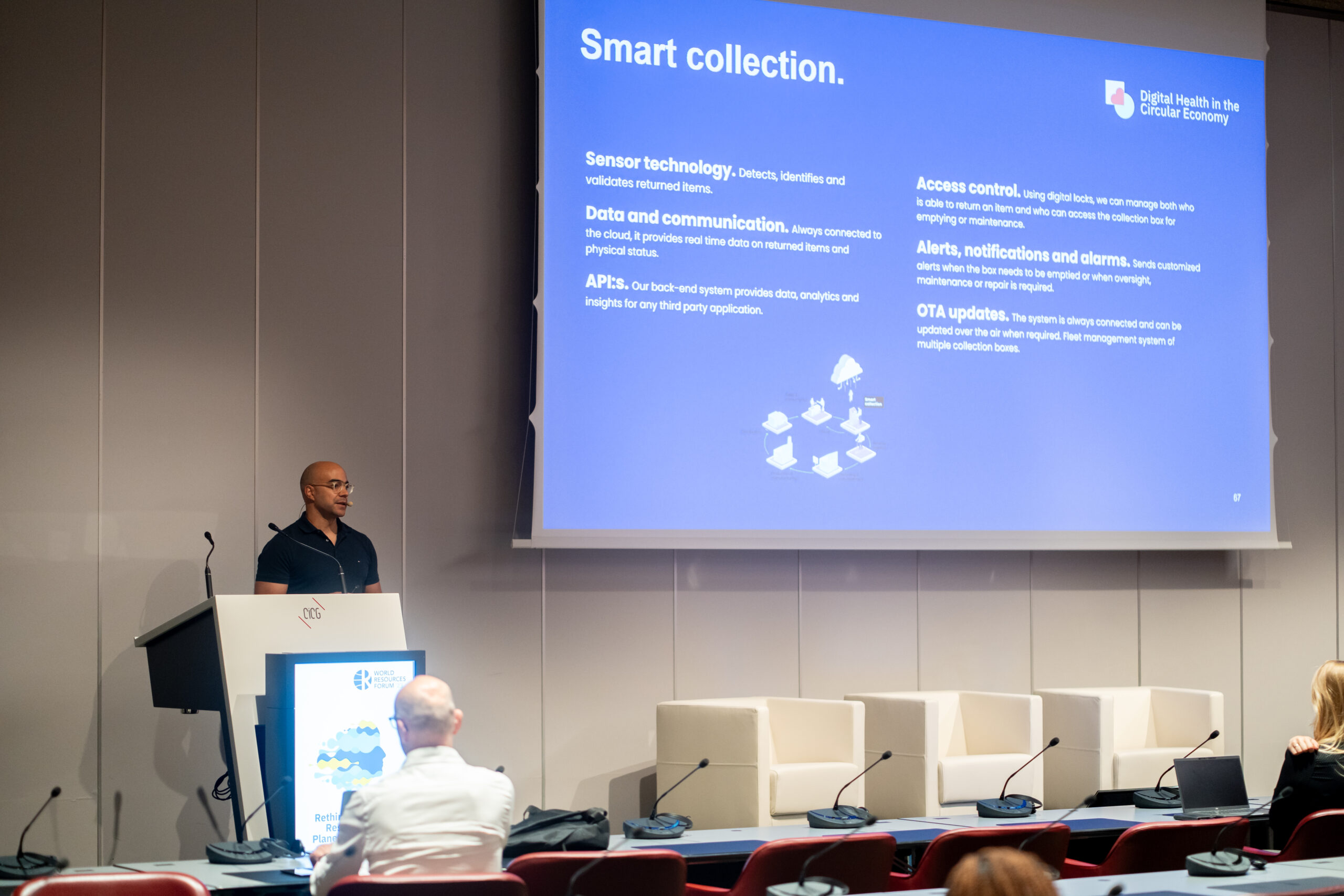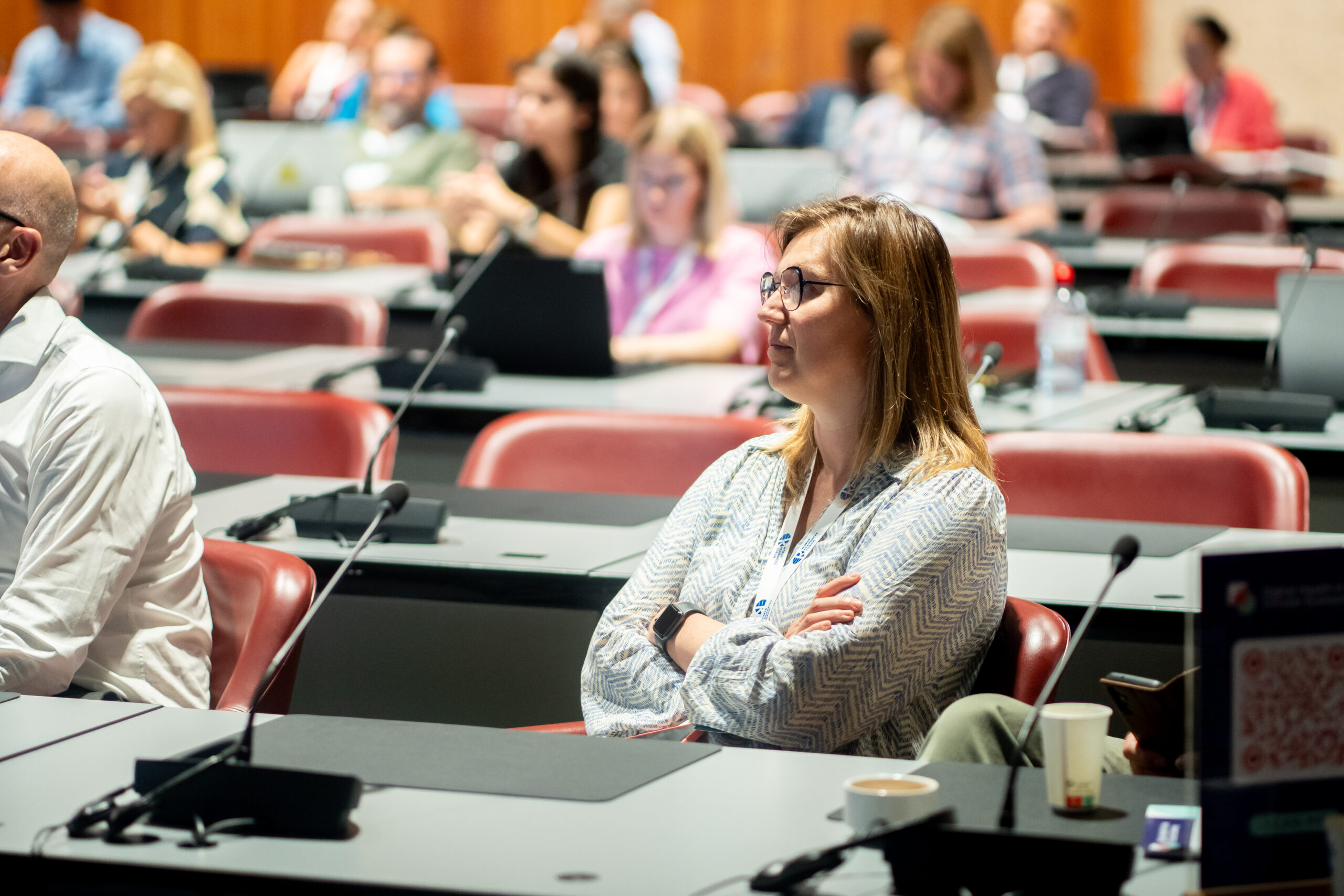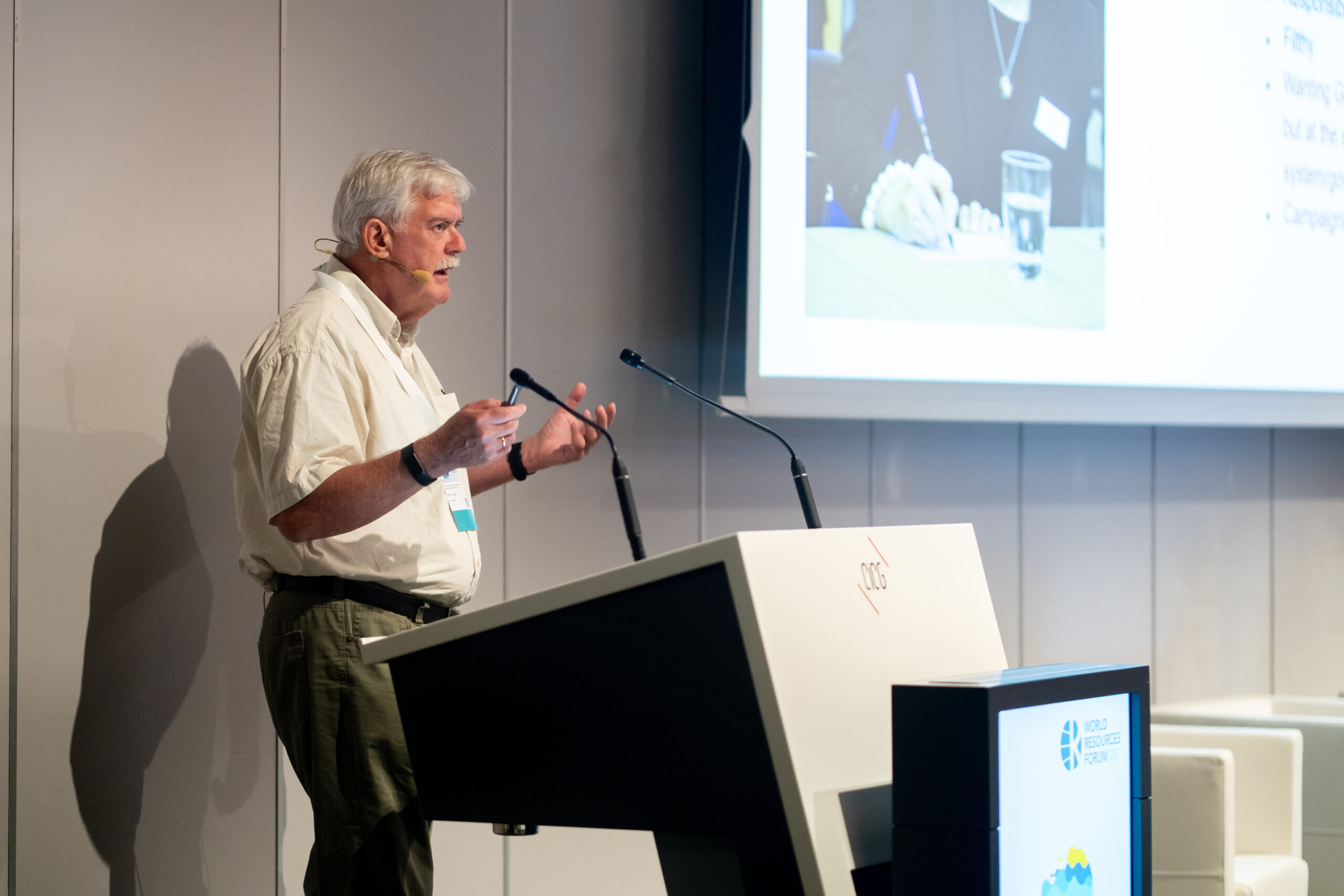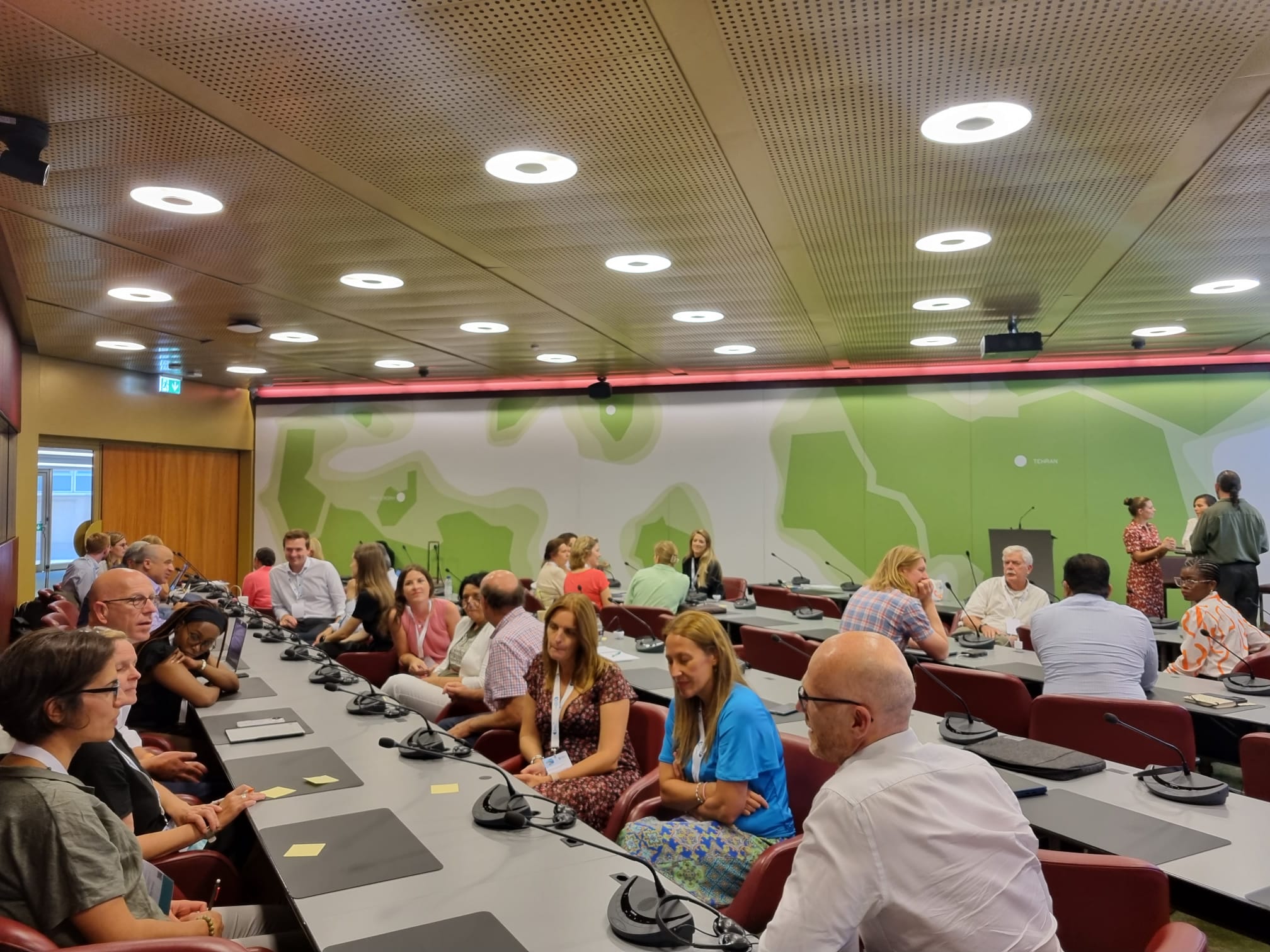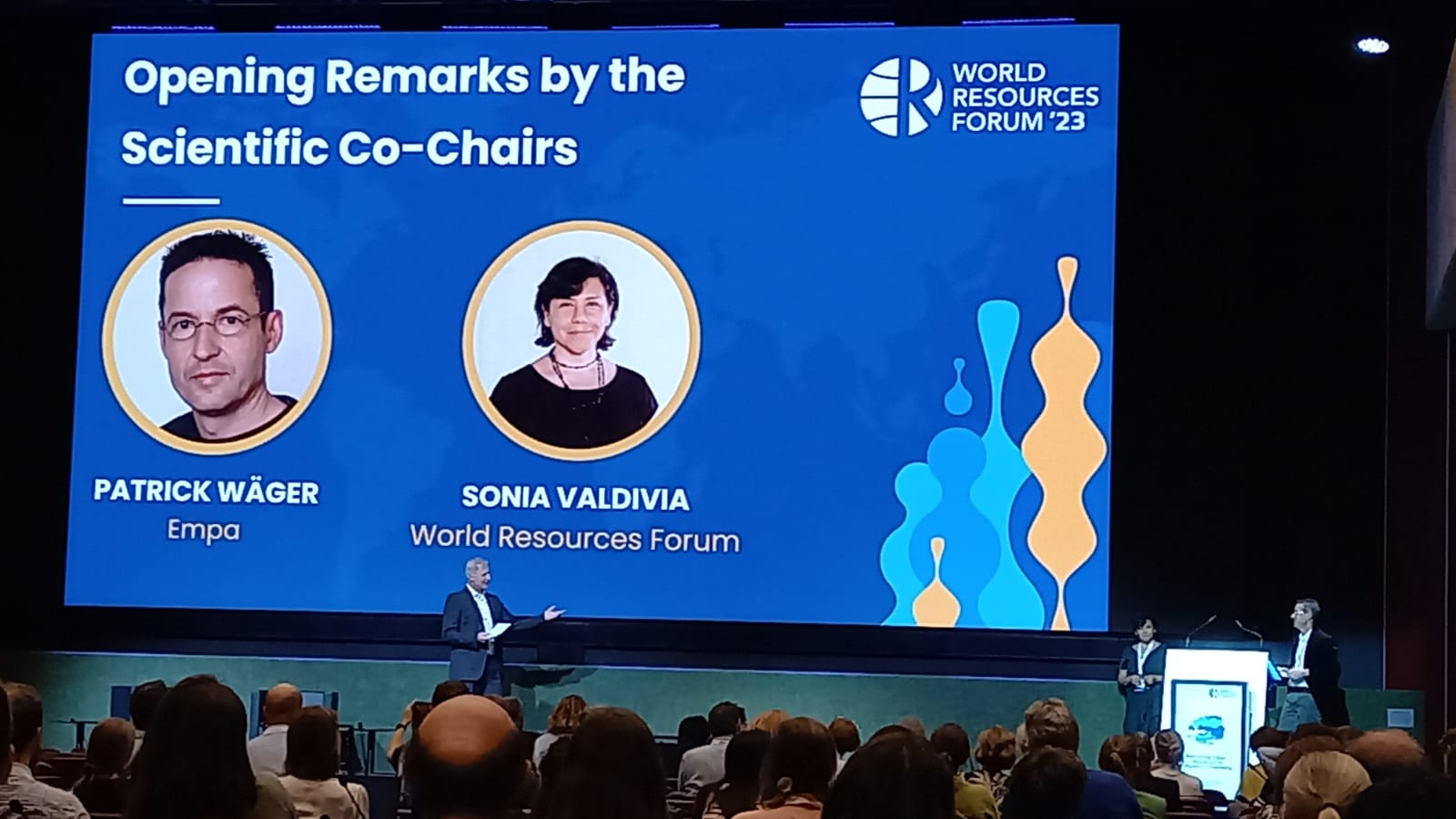Bert is an experienced Digital Health and Innovation Leader. He successfully initiated and led multiple, transformational innovation projects with the goal to shape the future of clinical trials, to make trials more attractive to participants and to improve the clinical trial experience.
Bert graduated in Medical Biology and obtained a PhD in Medicine from Utrecht University in the Netherlands. He held roles in Clinical Operations-, Clinical QA- and IT-management before joining Janssen’s Clinical Innovation team in 2015 where he stayed till 2024. His focus the last decade has been on finding ways to use digital health solutions in clinical trials, supporting digital endpoints, disease characterization, and for remote monitoring. In 2019 he co-founded the DEEP initiative, a startup in the digital measurement domain. In recent years he also started investigating the environmental impact of digital health, looking for ways to bring circularity into the field, reflected in the DiCE program. In 2024 he joined the Digital Medicine Society (DiMe) as Vice President of Sustainability and Transformation.
Please share where your passion for your career comes from. Have you always intended to work in this industry?
Ever since I graduated in Medical Biology I wanted to work in the pharmaceutical industry, bringing new drugs to patients based on understanding the science behind diseases. I love the buzz you get reaching milestones and celebrating successes with the team, there is no better feeling than when a drug you worked on reaches the market as a new medicine for patients.
Was there an outstanding moment where your path diverged, or you realised the importance of your profession?
Two moments stand out: one was the realisation how much you can do partnering with other functions in the company, and with external partners in a pre-competitive setting. Together you can achieve so much more, no-one has all the knowledge. The other was working on patient-centricity and digital health which made me realise the unique insights you can only get when partnering directly with patients.
What do you see as the biggest challenge in the circularity of digital health devices today?
One big challenge is the lack of standardisation, with few best practices based on standards to define “what good looks like”. The other is cultural, where design for circularity is not yet common practice.
How would you overcome this challenge?
Several initiatives are ongoing that will help, DiCE is a great example to both sensitise people to the need for circularity and to develop solutions and policy recommendations. DiMe is an example of a community for people interested in digital medicine to collaborate, sharing and collectively drive the field forward.
How does your expertise relate to DiCE?
I’ve seen the problem of left-over devices first-hand, where devices used in clinical trials are not returned for re-use and recycling is hard due to the way devices are designed. I’m keen to contribute my knowledge of healthcare, drug development and technology to find ways making circularity the norm in everything we do.
What do you expect from DiCE? How will it change the “sustainability landscape”?
I expect DiCE to become an anchor point in the digital health landscape, where people can learn and find inspiration for circular solutions. I expect DiCE to come up with policy recommendations and demonstrate circular ways of working, best practices and the value for healthcare. This has potential to transform the way healthcare is done with the best outcomes for patients and our planet!

